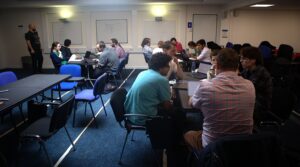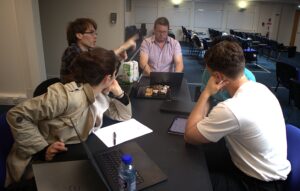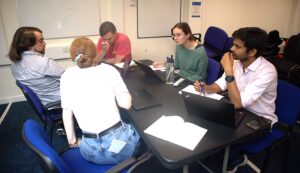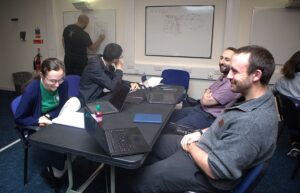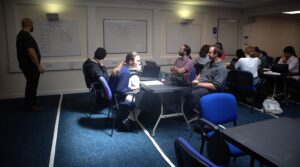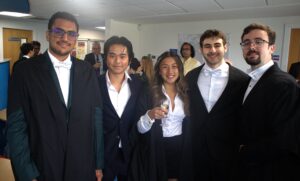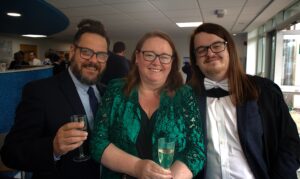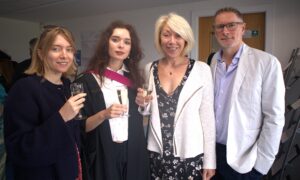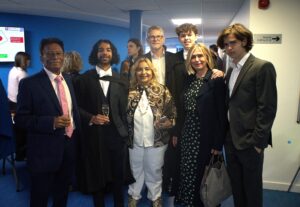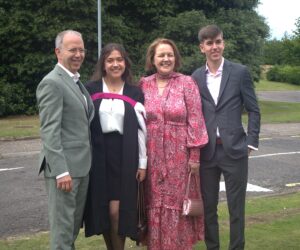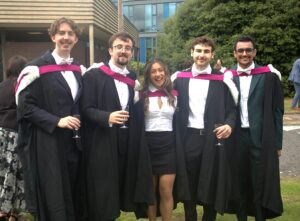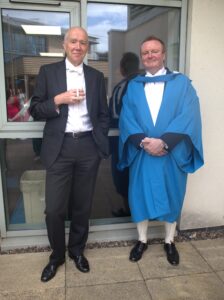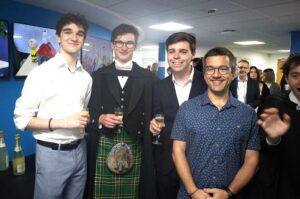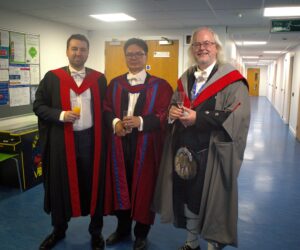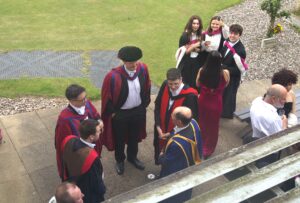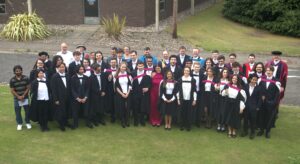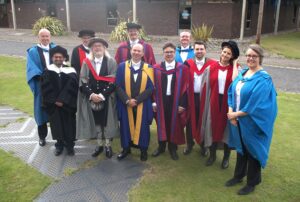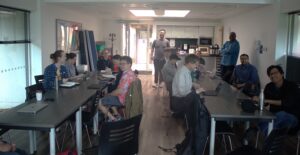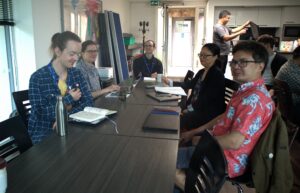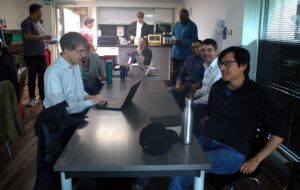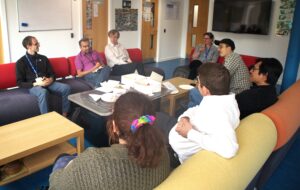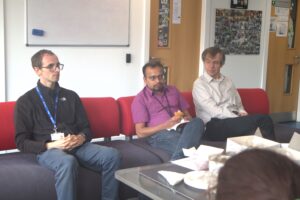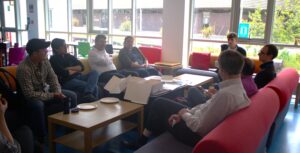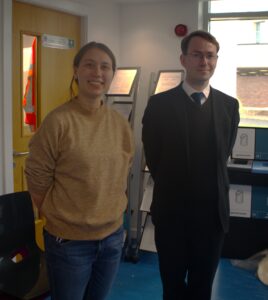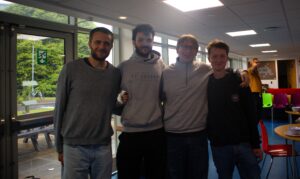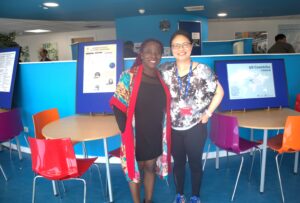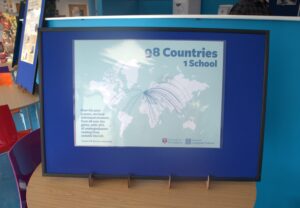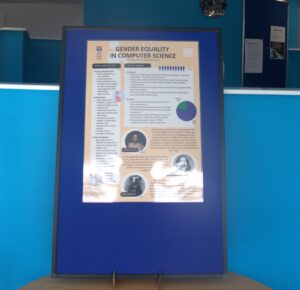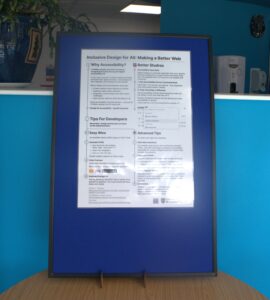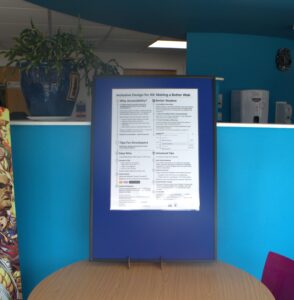The University is hosting the 23rd International Conference on Permutation Patterns https://sites.cs.st-andrews.ac.uk/pp25/
It is a series of annual conferences on permutation patterns that have been held annually since 2003.
Last time the conference was held in St Andrews was in 2007.
This year the conference is organised by Ruth Hoffmann (CS, St Andrews) and Christian Bean (Maths, Keele).
The conference features research on permutation patterns and their applications.
Permutation patterns is an interdisciplinary area with roots in both theoretical computer science and combinatorics.
There are applications to other areas of mathematics and computer science as well as to biology.
Research in permutation patterns ask whether a sequence consisting of unique elements (a permutation) avoids a smaller sequence of unique elements. This in particular is of interest when looking at sets or classes of permutations that avoid a set of permutations in different ways.
In ‘festive’ we can find the pattern ‘eve’ but not ‘see’ because the letters for ‘see’ are not in the right order.
Another analogy is finding constellations in the night-sky. We are looking for the right dots in the right places amongst many other dots.
This year the conference also has a pre-conference workshop which is held at the School of Computer Science. The workshop provides an opportunity for the community’s large cohort of PhD students, and early career researchers the chance to share their work and talk to other members of the community.
Participants shared an open question or avenue of their research during the workshop that they would be willing to work on with the other participants during the brainstorming sessions.


